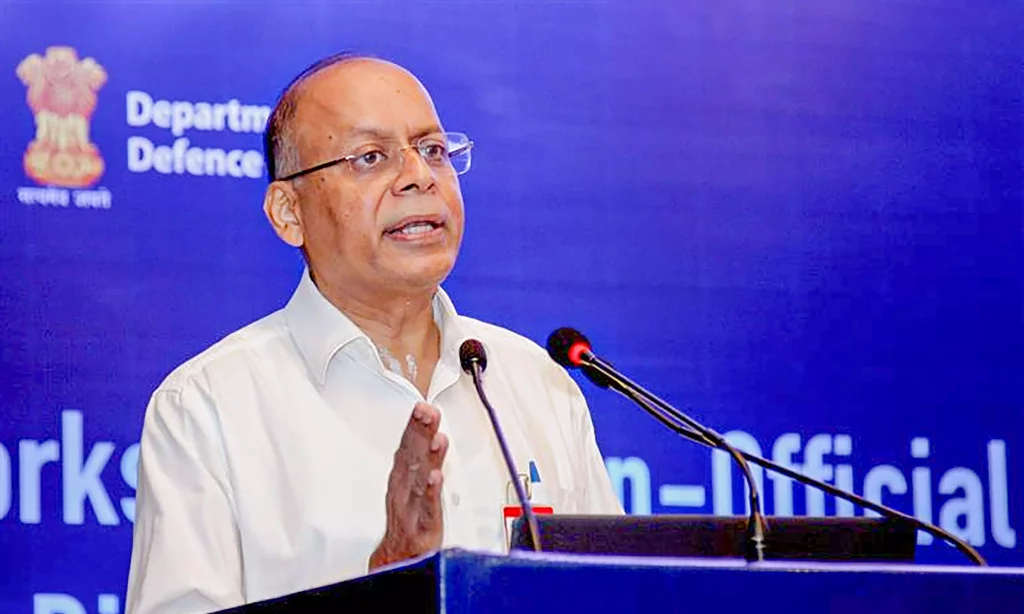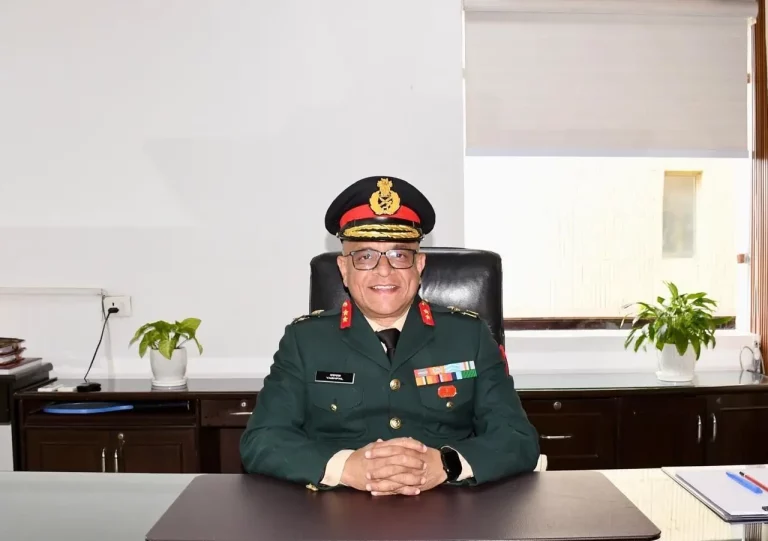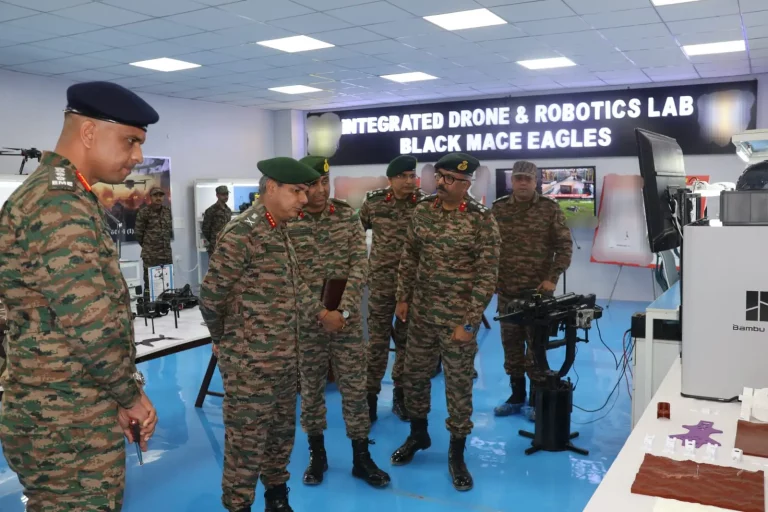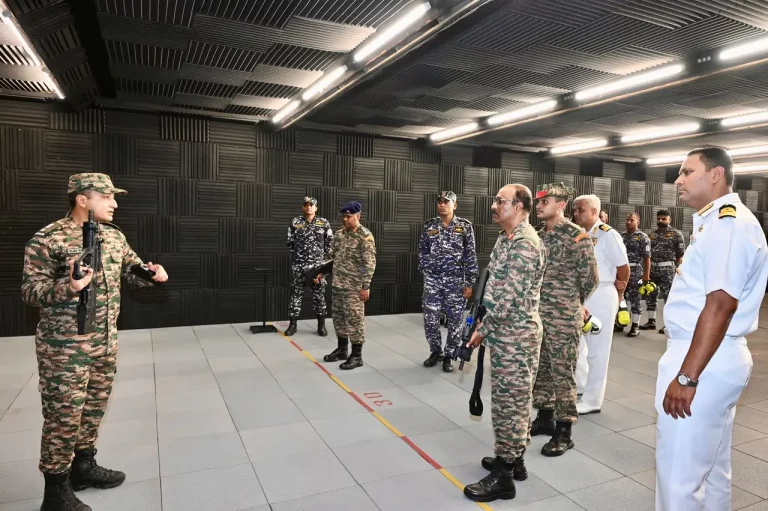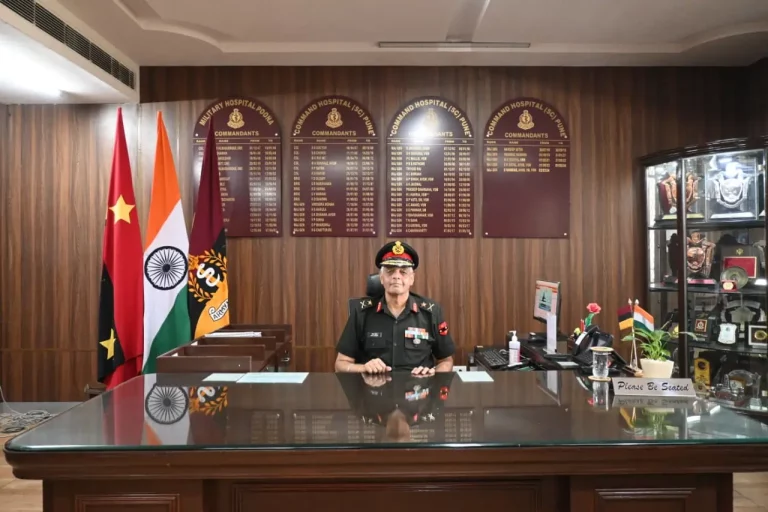In a significant leadership change within the Union Public Service Commission (UPSC), Dr. Ajay Kumar has been appointed as the new chairman, as confirmed by the Department of Personnel and Training (DoPT) through an official order. The announcement was made on Tuesday, reflecting the appointment under Article 316(1) of the Constitution of India.
Dr. Kumar, an experienced 1985-batch Indian Administrative Service (IAS) officer from the Kerala cadre, previously held the position of defence secretary from August 23, 2019, to October 31, 2022. Renowned for his work in defence modernization and strategic affairs, his new role as chairman of the UPSC is perceived as a strategic move to infuse experienced leadership into the commission. The UPSC plays a pivotal role in conducting the esteemed civil services examination, managing promotions and deputations, and overseeing disciplinary matters within the central civil services.
Dr. Kumar takes over from Preeti Sudan, who was the former health secretary. Sudan’s term as UPSC chair ended on April 29, 2025. She stepped into the role in July 2024 following the unexpected resignation of Manoj Soni, who served on the commission since 2017 and assumed the chairperson position in May 2023. Soni’s resignation in early June 2024 raised eyebrows, particularly from political opposition, with Congress chief Mallikarjun Kharge questioning potential connections between the resignation and controversies surrounding the UPSC.
One of the notable controversies that marked Soni’s term involved Puja Khedkar, who was accused of fraudulently obtaining additional civil services attempts by misrepresenting her identity. The UPSC moved swiftly to debar her from future examinations and annul her candidature, highlighting the challenges faced by the commission amid increasing scrutiny.
As Dr. Kumar steps into this new role, the UPSC is under mounting pressure to uphold transparency and integrity, particularly in light of recent events that have raised public concerns. His extensive administrative experience coupled with a solid background in defence is anticipated to enhance the institutional credibility of the UPSC and drive necessary reforms in the civil services recruitment process.
